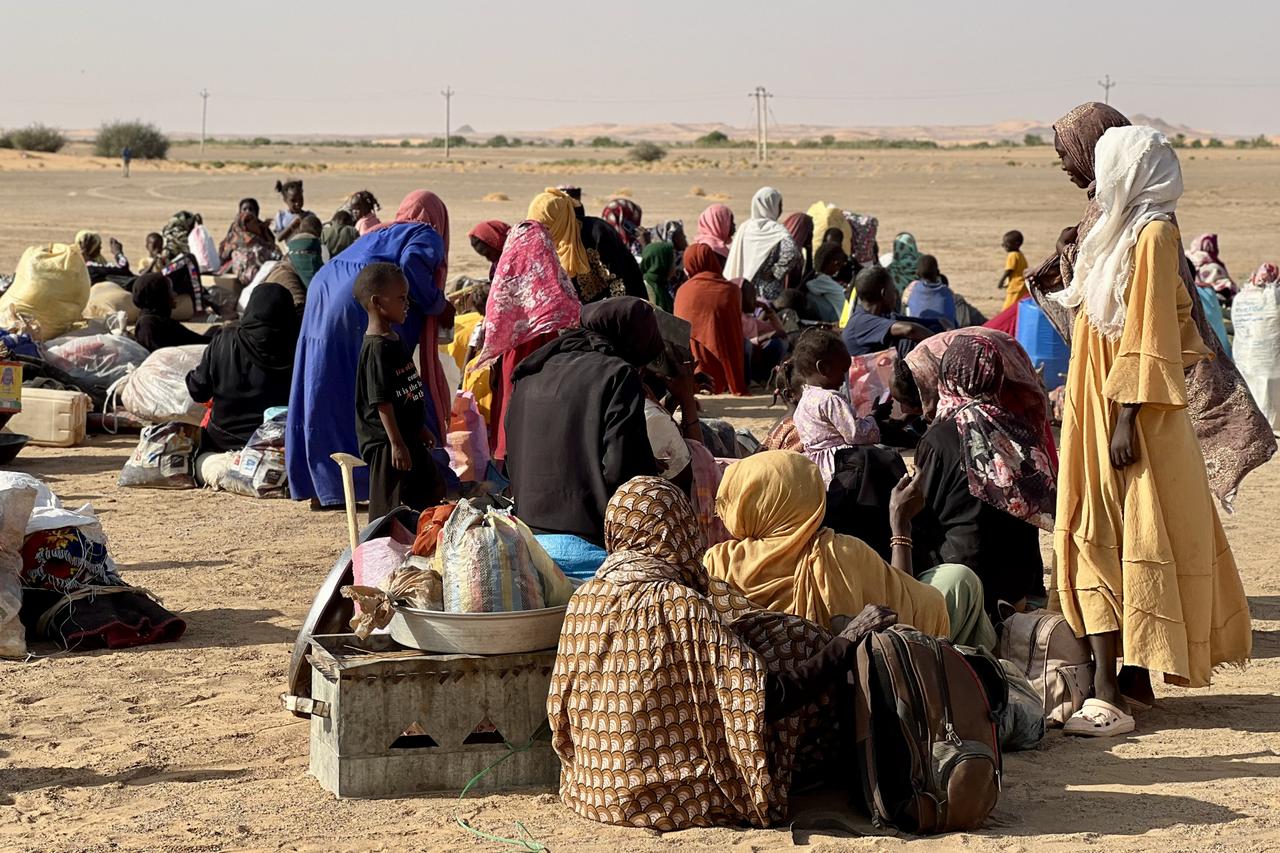
UNICEF’s envoy to Sudan, Sheldon Yett, compared the current situation in the country to the genocide that took place in Rwanda in the 1990s.
In remarks to the German magazine Der Spiegel, Yett said, “Much of what is happening now in parts of Sudan reminds me of that.
Reports of rampage and the celebration of killing… targeted acts of violence are being committed against different ethnic groups.”
Yett, who personally witnessed the Rwandan genocide in the 1990s, added, “The accounts given by survivors are shocking: killing, extortion, rape. Some are paying exorbitant sums to escape. There is a complete collapse of all forms of order… Sudan has become a testing ground for modern warfare.”
Sudan has been engulfed in a war between the army and the Rapid Support Forces for over two years. Estimates indicate that the conflict has left nearly 150,000 people dead.
In early November, violence escalated again after the Rapid Support Forces seized control of the major city of El-Fasher in the Darfur region.
The situation in the East African nation is currently considered the world’s largest humanitarian crisis. Both the army and the Rapid Support Forces face accusations of committing war crimes and severe human rights violations, allegations that both sides deny.
Yett said that around 260,000 people remain trapped in the city of El-Fasher, unable to flee. “They are eating grass and animal feed. Many are dying of hunger or due to a lack of medicine,” he said.
He noted that repeated attempts to deliver humanitarian aid to El-Fasher have failed because drivers and trucks come under fire.
The conflict has cut parts of Sudan off from the outside world. UNICEF is among the few organizations still able to assist there.
It is worth noting that in 1994, Hutu militias in Rwanda killed at least 800,000 people from the Tutsi minority and moderate Hutus over the span of just 100 days.